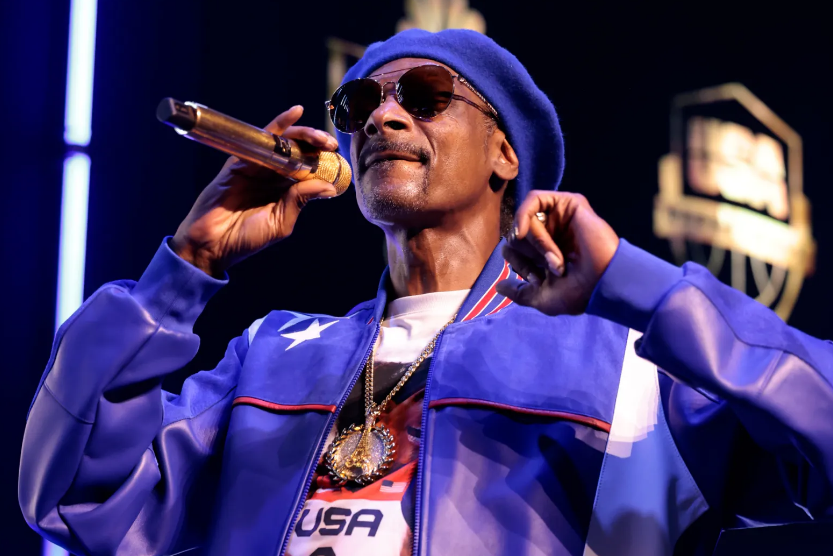It’s a story as old as Hollywood: speak even slightly outside the bounds of progressive orthodoxy, and within weeks, you're issuing clarifications, partnering with advocacy groups, and releasing rainbow-themed anthems aimed at toddlers. Enter Snoop Dogg — the once unfiltered voice of West Coast rap — now starring in a pastel-colored cartoon about pride-themed puppies and reciting lines like “Love is love” in a duet with a former Voice contestant.
That’s not satire. That’s Thursday.
Just two months ago, Snoop caused an internet stir for daring to point out the obvious — that children don’t always have the context or understanding to process adult themes, especially when they’re dropped into animated films under the guise of “representation.” After watching Lightyear with his grandkids, he expressed genuine confusion about how a same-sex couple was raising a child, relaying how his grandson pressed him for answers he didn’t have. The moment was raw, real, and, for many parents, deeply relatable.
But in today’s climate, that kind of honest reaction is unforgivable.
Rather than stand by his perfectly reasonable observations, Snoop has now made a complete 180. Not only has he stopped questioning the messaging in children's media — he's now helping to create it. Partnering with GLAAD for “Spirit Day,” he dropped a new episode of his Doggyland cartoon featuring a song, “Love Is Love,” that openly promotes LGBT family themes. This isn’t an accidental cameo or blink-and-you-miss-it reference. This is a full-on, choreographed music video for preschoolers about “parents of all walks” with Snoop himself singing about “two fathers, two mothers, whatever it is.”
Let’s be clear: the issue here isn’t about whether families of different configurations exist. They do. And no one is calling for their erasure. The issue is the speed and intensity with which cultural figures are expected to surrender their instincts and jump aboard the train of ideological conformity — especially when it comes to children’s programming.
Snoop’s own discomfort with the messaging in Lightyear was rooted in a simple observation: kids ask questions, and when the content is too far ahead of their understanding, it creates confusion. He wasn't lobbying Congress. He wasn’t launching a boycott. He was expressing discomfort. And for that, he was targeted, labeled, and shamed.
Now? He’s smiling through GLAAD-sponsored Instagram interviews and talking about “bridges of understanding,” carefully choosing the kind of language one expects from a press release, not a rapper once famous for defying cultural norms. The transformation is so jarring it’s almost cinematic — except no one’s buying the script.
Whether this pivot was driven by fear, PR, or personal revelation, it stands as yet another example of how quickly dissent is crushed in the entertainment world — especially when it threatens the pipeline of progressive messaging aimed squarely at children. The irony, of course, is that Snoop originally voiced concern out of a desire to protect children from confusing content. Now, he’s producing it.


